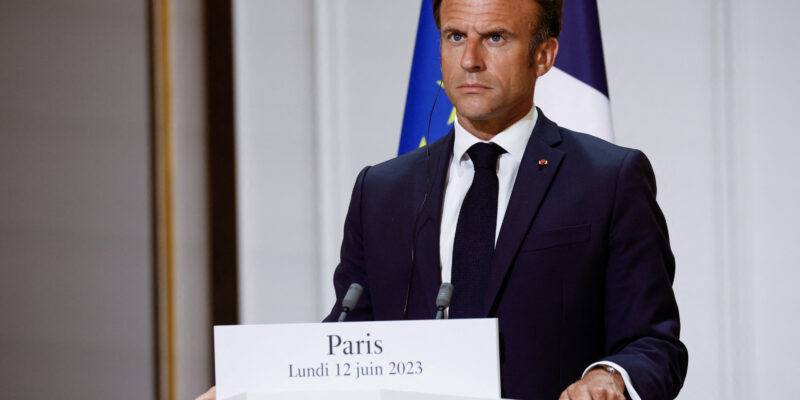EU Member States should not use national security as a pretext to weaken the Media Freedom Act

The latest draft compromise text of the EU Council on the European Media Freedom Act poses serious risks to the European Union’s core democratic principles and fundamental rights, notably freedom of expression and the protection of journalists. The European Federation of Journalists reiterates its call to EU Member States to strengthen Article 4 on the rights of media service providers. The text is due to be adopted on 21 June.
In its latest appeal on 2 May the EFJ together with all European major broadcasting and publishers organisations had urged Member States to show more ambition on Article 4 (about the protection of sources from future-proofed surveillance technologies) being a cornerstone of media freedom and ever more under attack. It said that “Protecting media, including journalists and their sources, against any threat to their independence and security is a non-negotiable condition for effective journalism and editorial freedom.”
However, the last draft compromise, dated 7 June, waters down the Commission’s proposal, providing for a ‘national security’ exception to the general ban on deploying spyware against journalists without guarantees for the protection of sources.
The introduction by France of a new paragraph, which states that “[t]his Article is without prejudice to the Member States’ responsibility for safeguarding national security”, turns in effect the protections originally afforded into empty shells. Such a “national security” exemption without fundamental rights’ safeguards neglects the important case law of the Court of Justice of the European Union (CJEU). The Court has been clear that the mere purpose of safeguarding national security cannot render EU law inapplicable and does not exempt Member States from their obligations to comply with the rule of law.
“It is indeed shocking and yet another strong blow to media freedom that EU Member States further water down important provisions on journalists’ protection of sources and protection from surveillance technologies,” said Maja Sever, EFJ President. “While we were already not satisfied with the Commission’s proposal, we deplore the new exemption for the protection of national security at the expense of media freedom,” she added.
The draft Council position further deletes the exhaustive list of crimes set by the Commission to replace it with the list established in the European Arrest Warrant Framework Decision, which massively expands the scope for justifying the deployment of spyware against journalists and journalistic sources.
The Council’s current proposal does not include provisions for safeguarding fundamental rights, as required by the Treaty on European Union and the Charter of Fundamental Rights. The EFJ has insisted, in its position on the European Media Freedom Act and throughout its advocacy, on a wider scope of protection, a reference to proportionality and subsidiarity principles, and a system for ex-ante judicial authorisation of surveillance measures.
The EFJ together with digital rights, civil society and media freedom organisations will send a letter to all stakeholders involved in the ongoing negotiations regarding the use of spyware against journalists and the importance of protection of journalists’ sources.






